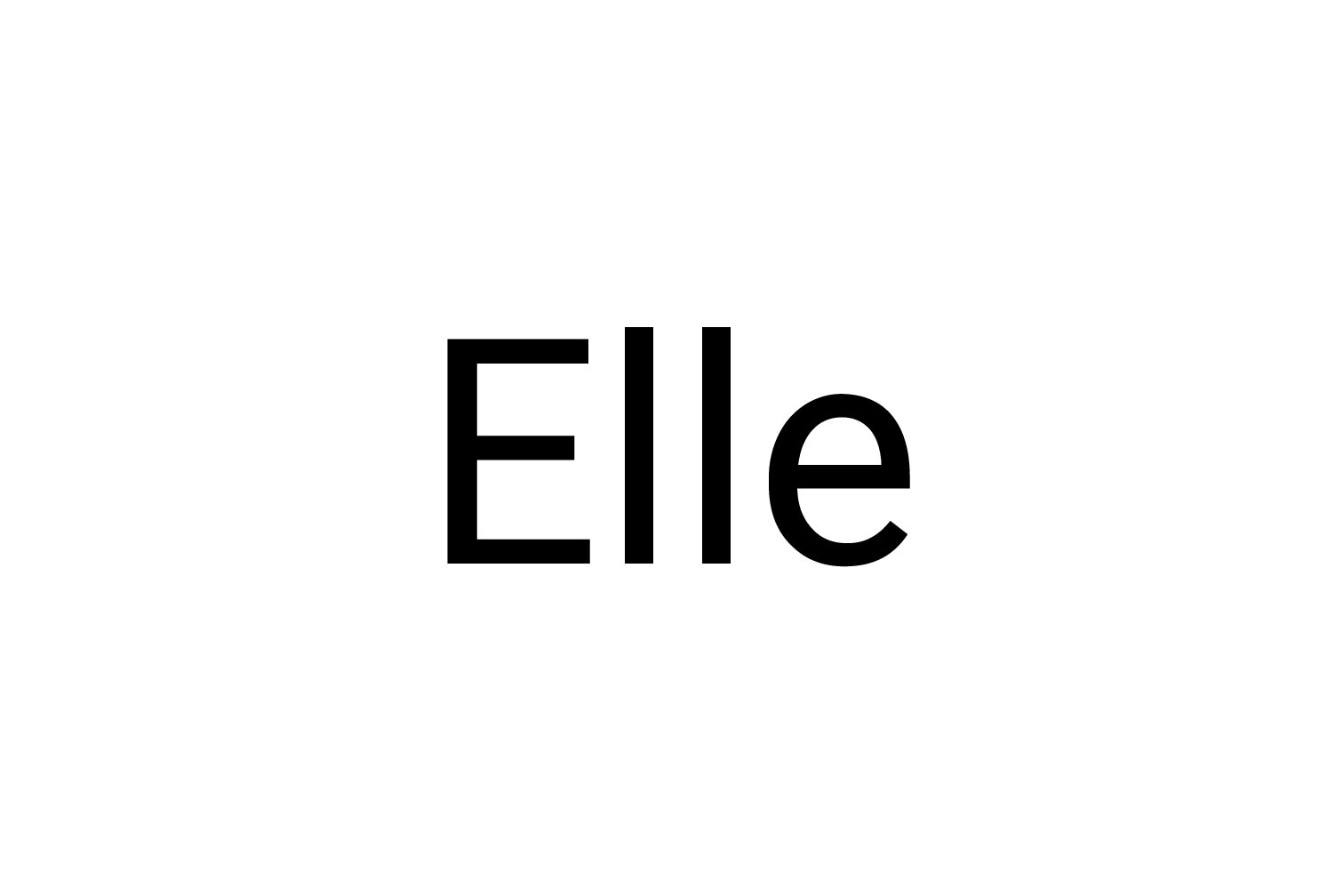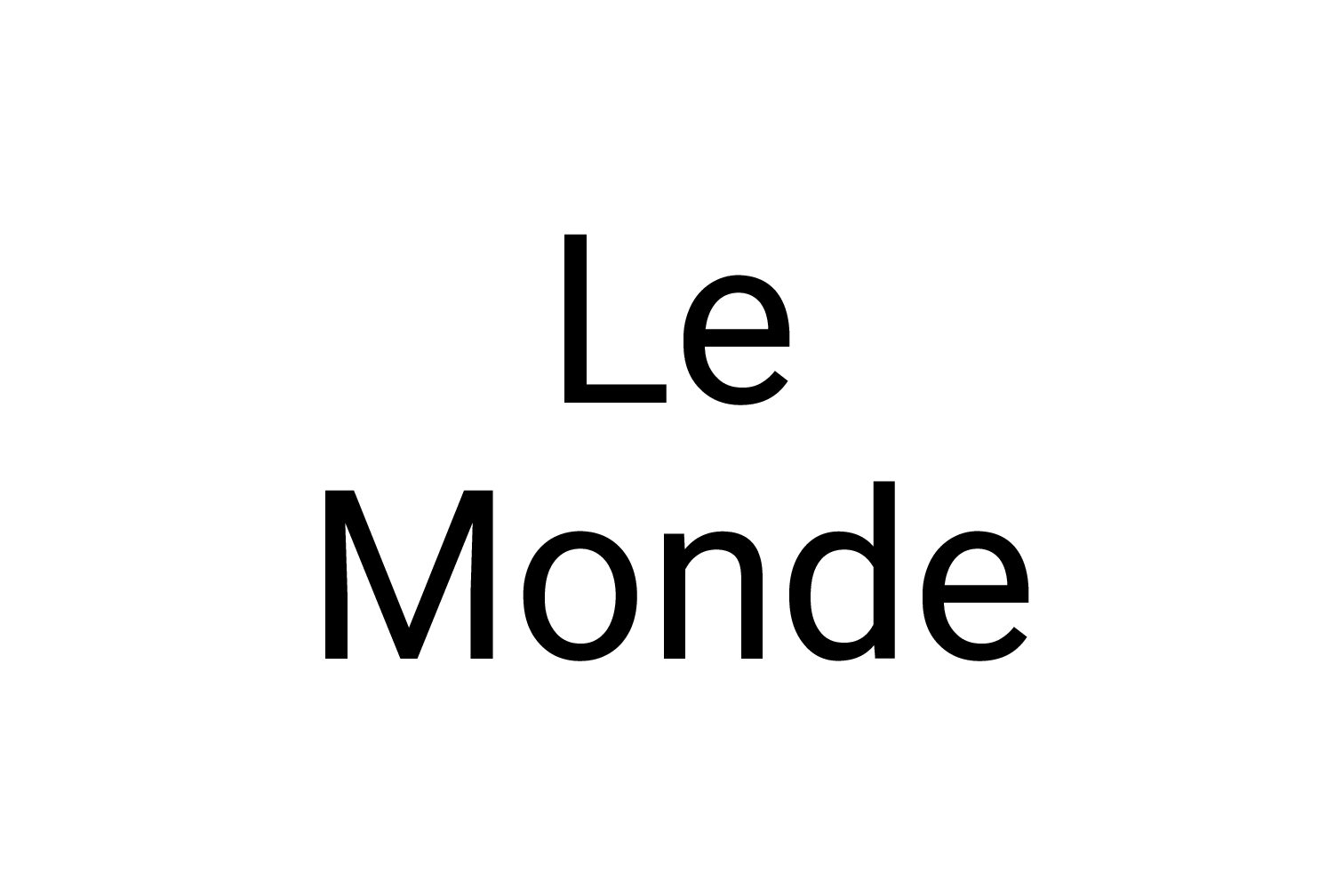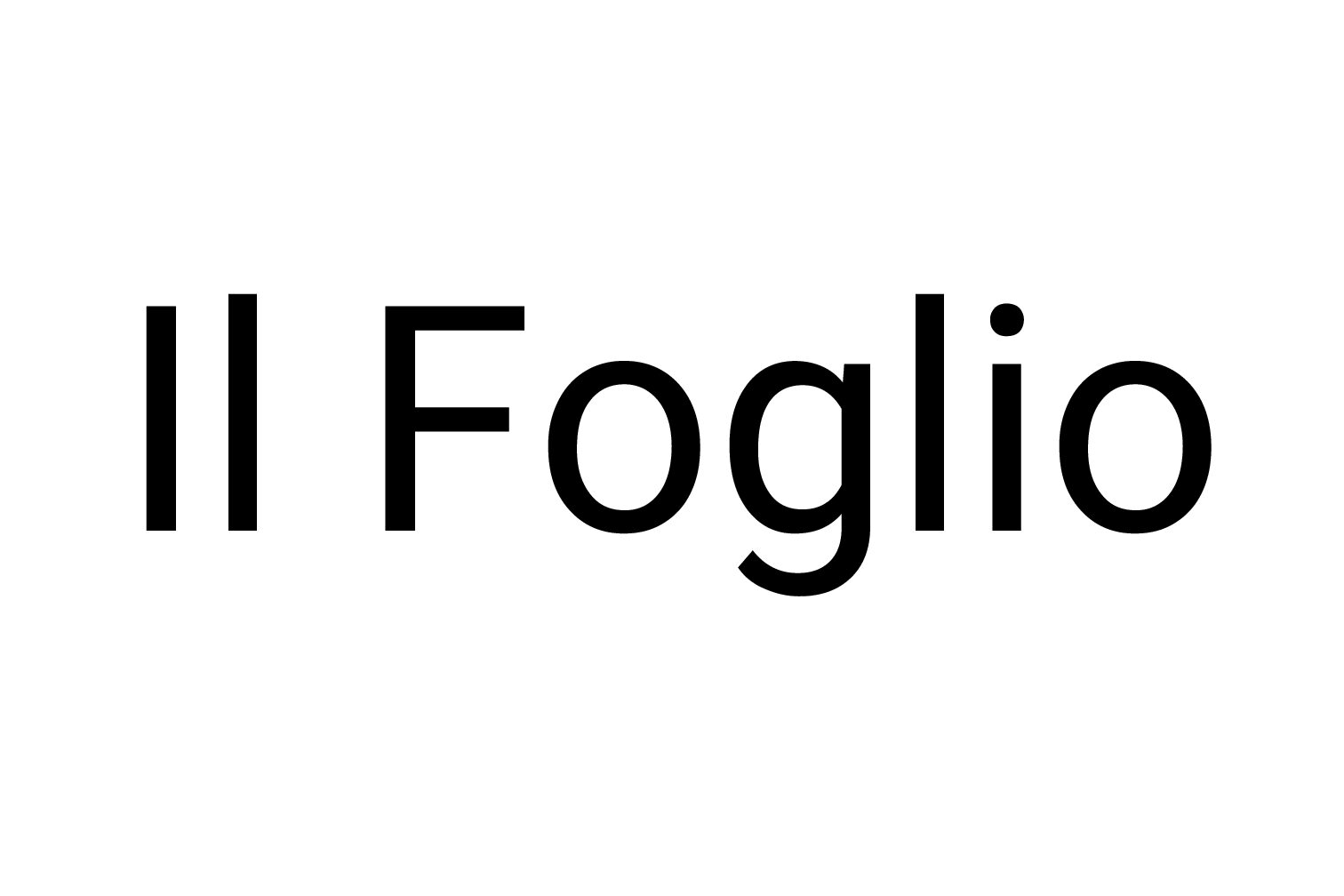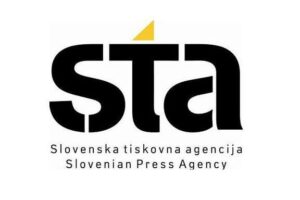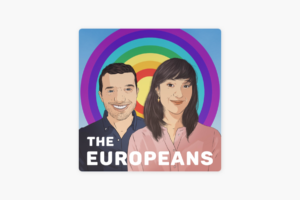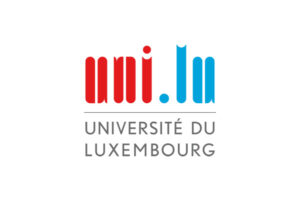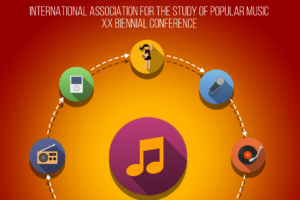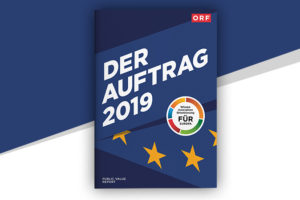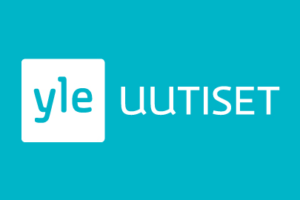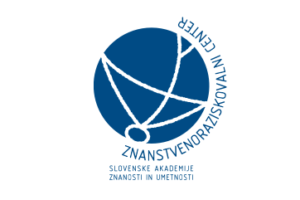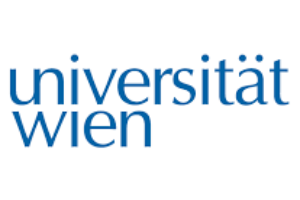Postwar Europe and the Eurovision Song Contest
Available from Bloomsbury
Vuletic goes beneath the bubblegum to reveal surprising machinations. Foreign Affairs
As a scholarly study in international cooperation and competition, this book is exemplary. Times Higher Education
Dean Vuletic’s rich history of the Eurovision Song Contest is very important reading indeed. German Studies Review
A significant and valuable contribution to understanding the interplay of popular music, media and cultural policy in post-World War II Europe. Popular Music
Never has the history of Eurovision been placed in its international context as in this truly inventive new book. EuropeNow
This book examines from a political perspective how the Eurovision Song Contest has reflected and become intertwined with the history of postwar Europe. It is the first-ever scholarly study on the history of Eurovision and the product of a research project conducted under the most prestigious European research award, the Marie Skłodowska-Curie Fellowship funded by the European Commission.
Established in 1956, Eurovision is one of Europe’s most popular television programmes and greatest popular cultural phenomena. The contest has often been mocked as cultural kitsch, but it has significantly been a meaningful tool of cultural policy, international diplomacy and soft power. No other cultural media have connected Europeans more than popular music and television, and the development of these has always been tied to cultural, economic, political, social and technological changes.
All of this makes Eurovision an ideal tool to explain the history of postwar Europe, from the political divisions of the Cold War to the current challenges of European integration. This book does so by drawing on original sources, including hitherto unpublished archival documents from international broadcasting organisations and the author’s analyses of every edition of and entry in Eurovision.

Eurovision Song Contest. Una storia europea
Disponibile da Minimum Fax
Dean Vuletic, grande esperto in materia, racconta geopolitica e marketing dietro la gara musicale più amata e odiata. La Repubblica
Questo volume racconta con ricchezza di dettaglio storiografico la storia dell'Eurovision Song Contest. Doppiozero
Uno dei libri che avreste dovuto leggere a maggio 2022. Players
L'Eurovision Song Contest è una delle più grandi e importanti manifestazioni musicali e televisive al mondo, seguita ogni anno da centinaia di milioni di persone in tutta Europa e non solo. Nato nel 1956 sull'esempio del Festival di Sanremo, vinto per tre volte da artisti italiani e per tre volte organizzato in Italia, da decenni coinvolge tutti i broadcaster di servizio pubblico europei in una gara che mette a confronto tradizioni, culture musicali e modelli di entertainment anche molto differenti.
Nel lungo percorso di preparazione e poi nelle serate cruciali che portano alla finale, sotto la patina spesso kitsch e sopra le righe si mettono in fila i tasselli di un'identità europea eternamente sfuggente e in costruzione. Il lungo percorso di questo show non intreccia solo l'evoluzione delle industrie musicali e televisive, ma è strettamente legato ai cambiamenti culturali, sociali, economici, politici e tecnologici.
Questo libro dimostra come l'Eurovision sia lo strumento ideale per spiegare quasi settant'anni di storia europea, attraversando il dopoguerra e la guerra fredda, lo sviluppo delle democrazie occidentali, l'Est Europa postcomunista, i crescenti nazionalismi, il processo di integrazione e ricerche d'archivio, frammenti delle canzoni in gara e cambi al regolamento, legami geopolitici e dibattiti pubblici, si dipana un racconto profondo e appassionante dagli inizi alla vittoria dei Måneskin.
Questa versione italiana del Postwar Europe and the Eurovision Song Contest include una prefazione scritta dal professore Luca Barra e una postfazione che porta all'Eurovision 2022 di Torino.

The Eurovision Song Contest as a Cultural Phenomenon
Available from Routledge
Dean’s latest book is co-edited with professors Adam Dubin and Antonio Obregón García, and includes a foreword by Martin Österdahl, the executive supervisor of the Eurovision Song Contest. This book features leading scholars of Eurovision writing about the innovations that the contest has contributed to different fields, from business, law and statistics, to education, history and politics, and cultural, media and music studies. The collection highlights how Eurovision is not just Europe’s greatest television show, but also a cultural phenomenon that has changed how we view the world.
In his introduction to this book, Dean takes a tour through Italy as the birthplace of the televised song contest phenomenon, beginning with Sanremo, Rome and Venice, and leading up to the 2022 edition of Eurovision in Turin.



















































